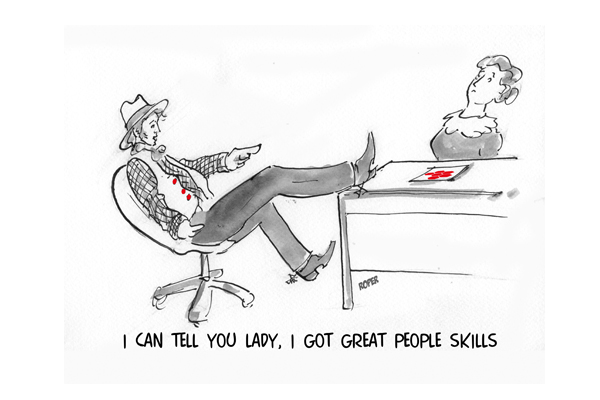One of the biggest surprises for employees (and sometimes even managers) in a scaling organisation is how promotions actually work—or rather, how they should work. Too often, people fall into one of two flawed assumptions:
- “They’re an amazing salesperson/teacher/project manager—let’s promote them to management!”
- “I’ve been in this role for two years, so it’s my turn now!”
Neither mindset helps the business or the individual. Imagine the standout teacher promoted to Head, now buried in paperwork and disengaged, or the top project manager thrown into people management without the skills to navigate office politics or complex interpersonal issues. Promotions that aren’t thought through do more harm than good.
The reality? Excelling in one role doesn’t mean a person is right for the next. A high-performing project manager may not be suited to Head of Projects—it’s a completely different role with unique demands. Similarly, “time served” doesn’t equal readiness. Just because someone’s been in their role for years doesn’t mean they’ve fully mastered it, let alone are prepared for what comes next.
The only way to promote effectively is to treat each advancement as you would an external hire. Define the role. Picture your ideal candidate. Then, match your current team member against that ideal—not just the responsibilities, but the skills and traits that make success in that position possible. Bringing in an objective outsider to review the decision is often wise; fresh eyes can prevent wishful thinking from clouding your judgment.
At the end of the day, roles must serve the organisation’s goals, not simply reward individual tenure or wishes. Promotion isn’t a prize; it’s a strategic decision that shapes your business’s future.
